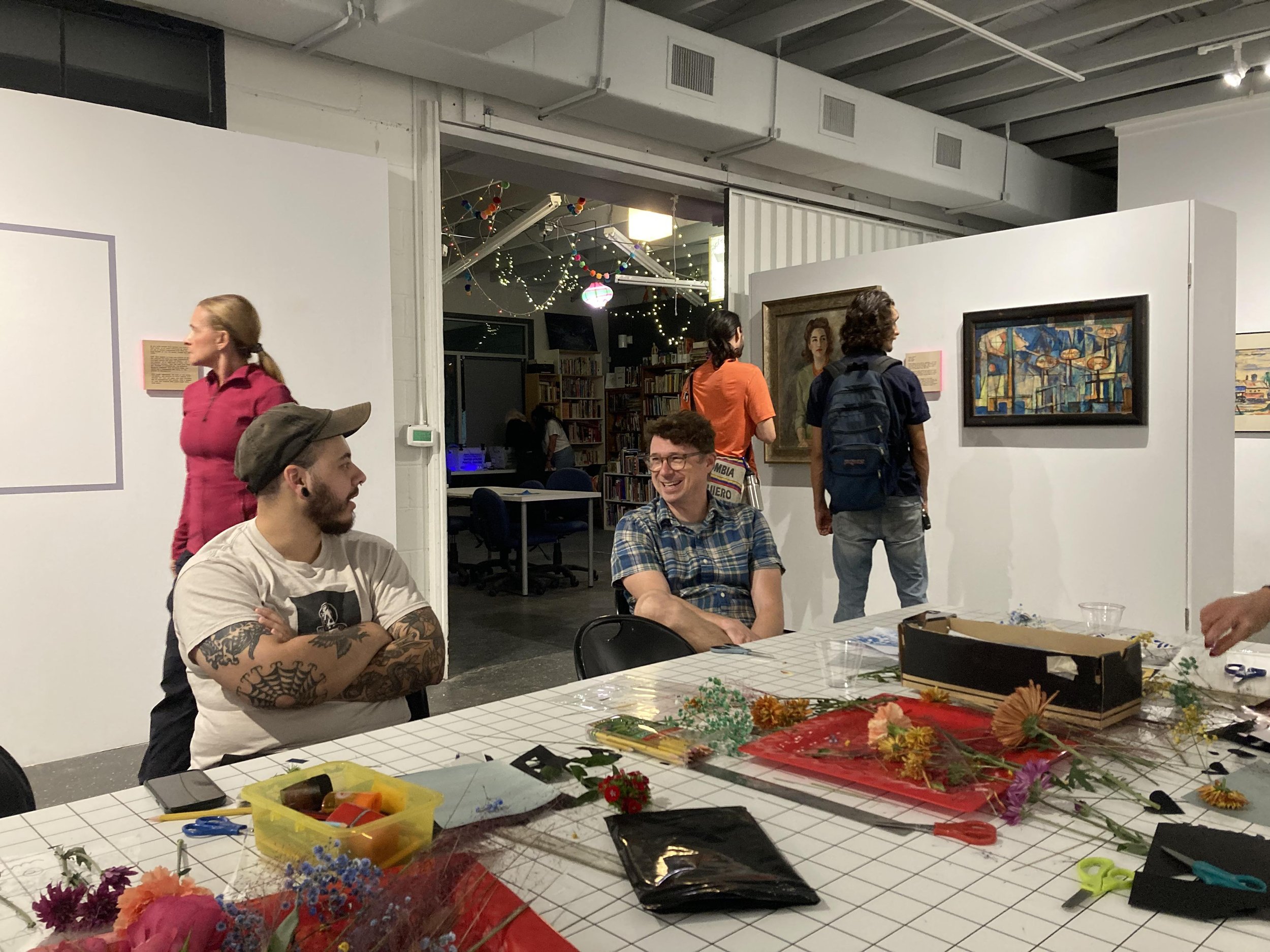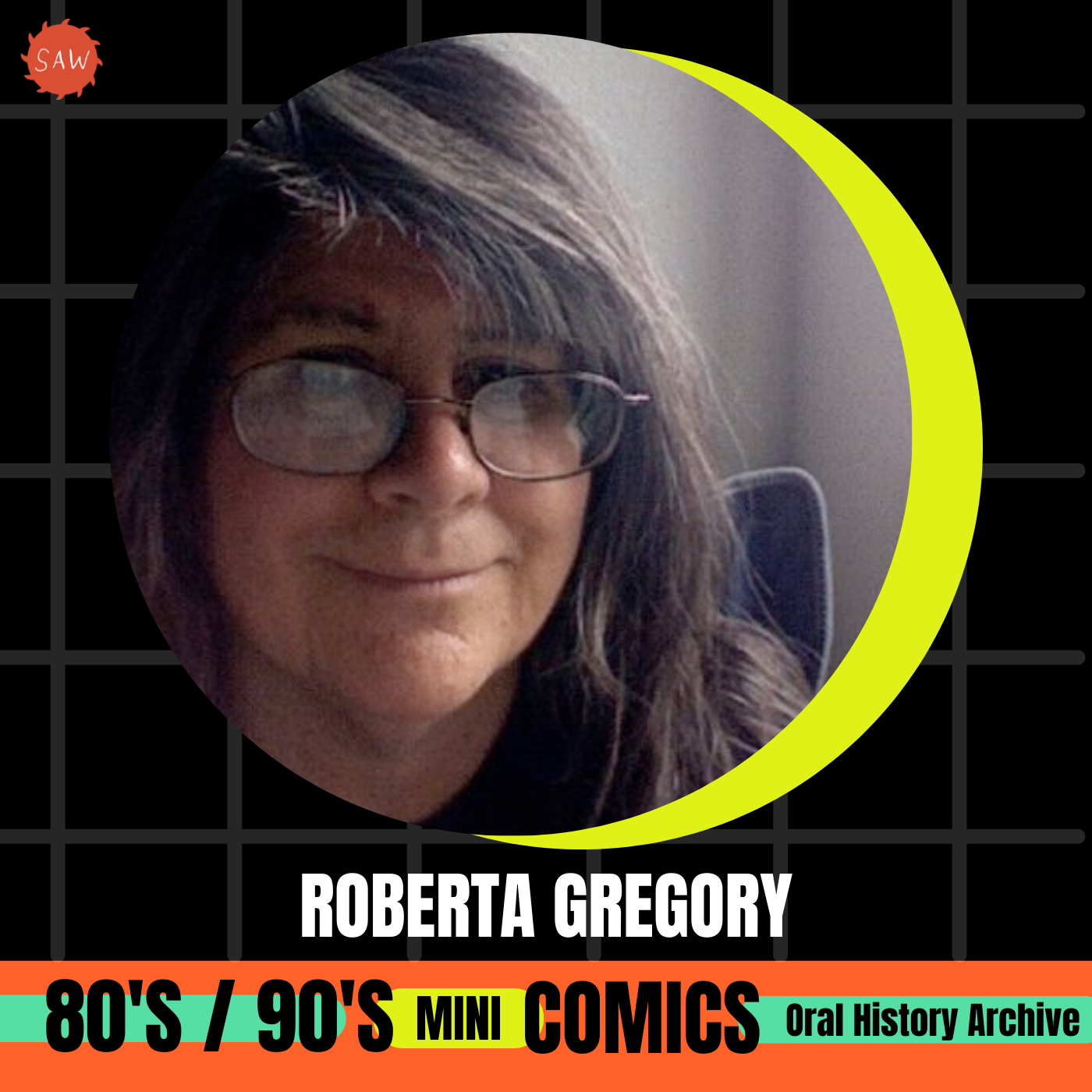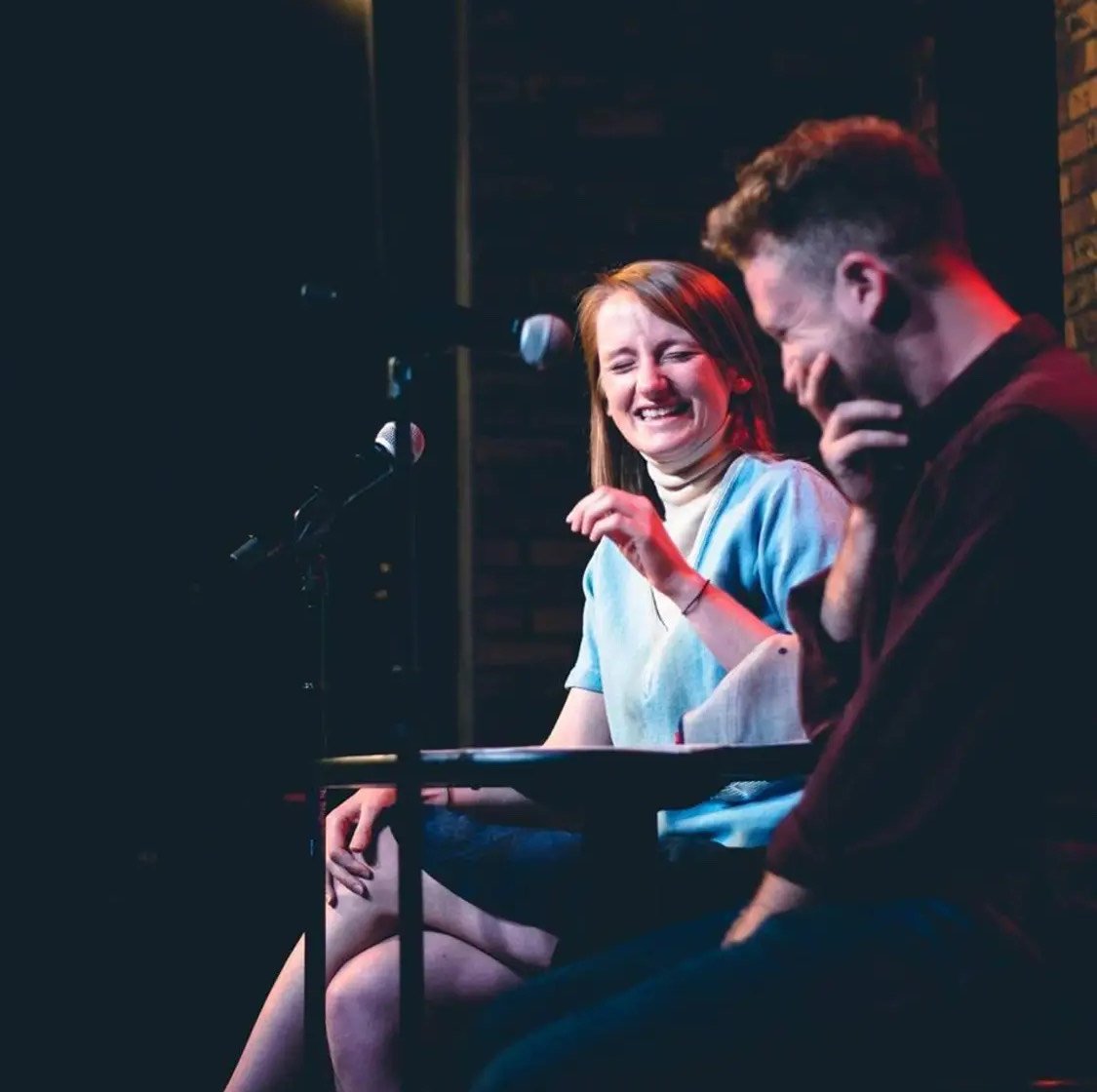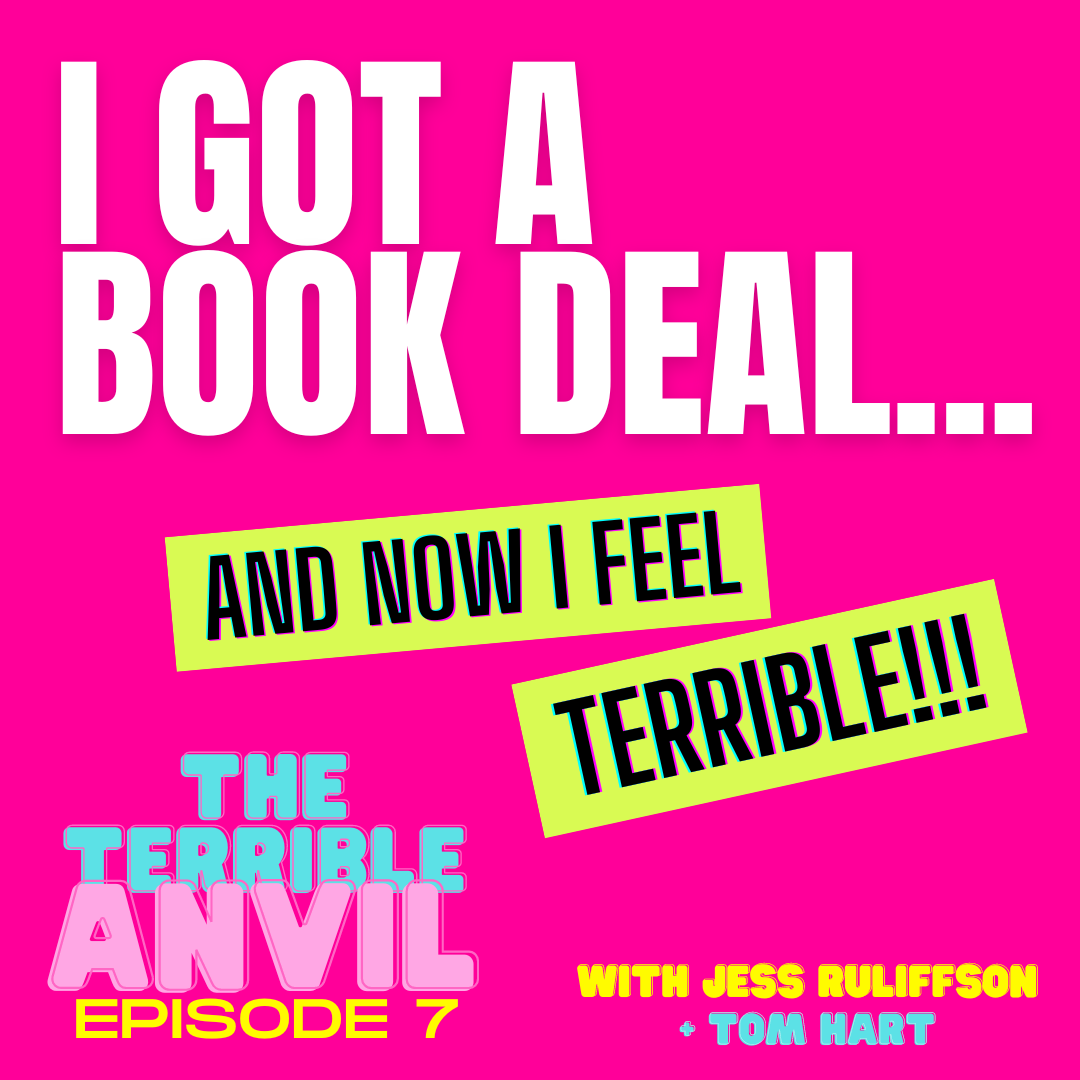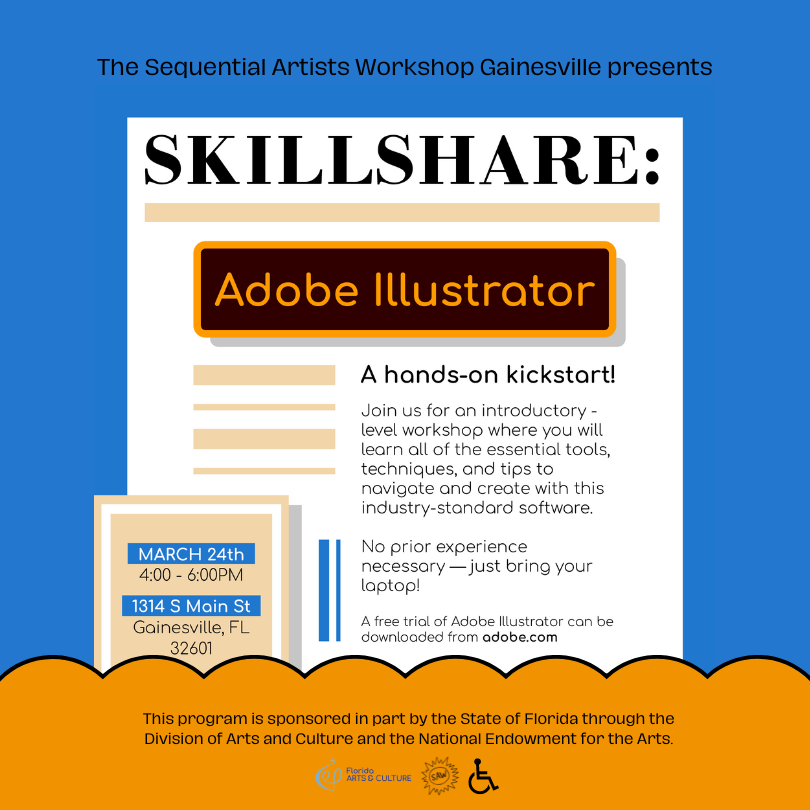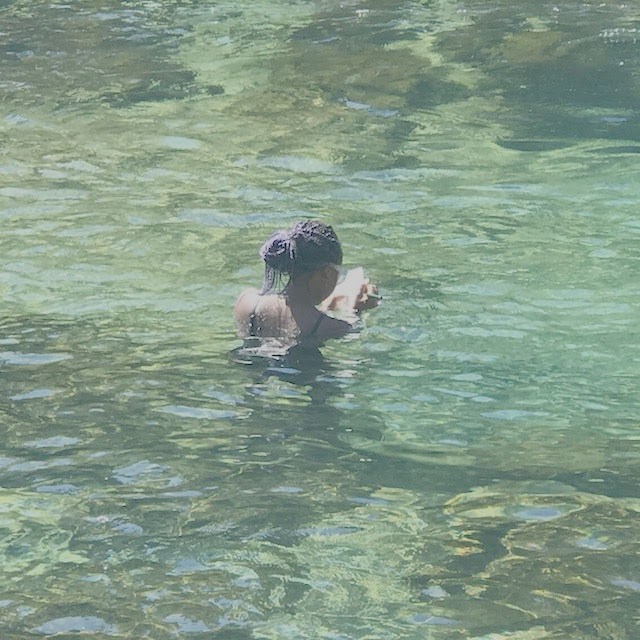
NOTES FROM SAW
Here’s the place to check out everything that’s been going on at SAW including what we're learning, reading and drawing.
Peter Conrad - 90s Mini-Comics Oral History Archives
Peter S. Conrad is a cartoonist best known for Attempted Not Known, Vidrio Cafe, and This Was 2020. He has been making comics from the San Jose, California area for decades. You can find his online work at https://attemptednotknown.com/ and http://www.vidriocafe.com/
Roberta Gregory - 90s Mini-Comics Oral History Archives
Roberta Gregory is the legendary, groundbreaking cartoonist, the first woman to self-publish a full length solo comic, Dynamite Damsels in 1976 and she has continued to be involved in mini-comics and self-publishing through the 2000s. She's contributed to Gay Comix, Wimmen's Comix, Tits & Clits and is the solo author of Bitchy Bitch, Winging It, Sheila and the Unicorn and many more.
How To Table at Comics Conventions—And Make Friends!
In this episode we talk about some of the most social fun one can have as a cartoonist: TABLING! Read on for tips about navigating comics conventions, zine fairs, and press expos of all seasons and sizes.
Learn about attending conventions to share your work, expand your network, have fun, and see what's out there in the world of comics.
Tessa Hulls - SAW Pro-Call
We’re honored to have had Tessa Hulls as a guest speaker, sharing her history with comics, the process behind Feeding Ghosts, and more!
Carol Tyler - 90s Mini-Comics Oral History Archives
Per her publisher's website: Carol Tyler is one of the most enduring cartoonists of her generation. Debuting with the short story ""Un-Covered Property"" in Weirdo in 1987, she went on to contribute to other anthologies of the era like Street Music, Twisted Sisters, Wimmens Comix, Drawn & Quarterly, and Zero Zero.
Fred Noland - 90s Mini-Comics Oral History Archives
Fred Noland's specialty is visual storytelling, whether in animation, comics, or illustration. Noland’s comics have appeared in the New Yorker, Popula and the East Bay Express. His illustrations have appeared in LA Weekly, Nickelodeon Jr., Xbox Magazine, Revolver, Canoe & Kayak and more. He was the chief artist on the animated short series “Priced Out” which has been shown world-wide. His graphic novel biography about turn-of-the-century champion cyclist Major Taylor is scheduled for release from Drawn & Quarterly in 2025.
David Lasky - 90s Mini-Comics Oral History Archives
David Lasky is the creator of Boom Boom, Urban Hipster, Don’t Forget This Song, and more.
He has worked as an artist, colorist, co-writer, and teacher for many years. Lasky moved to Seattle in the early 90s, soon becoming part of a circle of young self-publishing cartoonists like Ed Brubaker, Jason Lutes, Jon Lewis, Megan Kelso, and Tom Hart. In 1993 he received a Xeric Grant to self-publish Boom Boom, which pushed the boundaries of comics, blending graphic form with history and surreal cartography. Throughout his career Lasky worked to revitalize over- and under-used comics genres and tropes with the spirit of early alternative comix. Lasky won an Eisner Award for Don’t Forget This Song, a graphic biography of The Carter Family, and has been nominated for multiple Ignatz Awards.
The Terrible Anvil - Feeling Bad After Pitching Your Graphic Novel - Episode 7
Eisner-nominees Jess Ruliffson and Tom Hart discuss how to pitch your book—and what to do when you get a deal! Learn about finding a literary agent and pitching to Big Five publishers; setting realistic expectations and boundaries around deadlines and money; and processing all the big feelings that come with publishing your graphic novel.
MONETIZING EVERY MOMENT OF WAKING EXISTENCE ON INSTAGRAM (WHAT COULD GO WRONG?)
This week we talked about navigating social media to promote your work and make money as a cartoonist—from networking and building your audience, to avoiding burnout and fielding harsh feedback.
The internet can be a lovely way to connect with friends and family, make new connections, support fellow cartoonists, and publish your comics. There are great benefits to serializing a webcomic or routinely sharing your work.
But social media can also be a source of pressure, discouragement, and creative doubt.
Do you need to move to NYC and gain a million followers on Instagram to be a commercially successful artist? Do you have to work tirelessly on gaming the algorithm to get your work seen? Do you have to monetize your comics at all?
Read on (or listen in) for answers to questions like these and more!
Tom Hart - 90s Mini-Comics Oral History Archives
Tom Hart is the founder of The Sequential Artists Workshop and the subject of our beta test of the 90s Mini-Comic Oral History Archives.
He is the creator of Hutch Owen, Love Looks Left, Wodaabe and many mini-comics in the 90s and after. He is also the NY Times #1 best-selling author of a graphic memoir about his daughter, Rosalie Lightning…

